TonerPlas® is Close the Loop’s award-winning asphalt additive made from recovered soft plastics and toner powder. It improves the performance of roads while helping councils and governments deliver measurable sustainability outcomes.
TonerPlas® is a high-performance recycled asphalt additive, developed over more than a decade and now adopted by more than 30 councils across Australia, with numbers continuing to grow. It blends seamlessly into standard asphalt production, enhancing flexibility and durability while giving hard-to-recycle plastics and toner a valuable second life.
.png)
Made from a unique blend of:
Every kilometre of two-lane road paved with TonerPlas® diverts the equivalent of:
Since inception, Close the Loop has recovered more than 100 million printer cartridges, many of which contribute to TonerPlas® production.
.png)
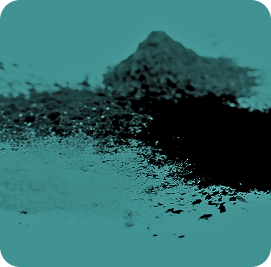
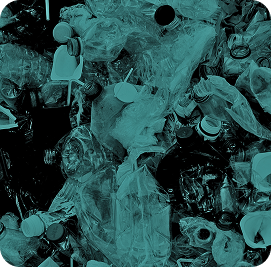

The development of TonerPlas® began with the challenge of finding high-value markets for waste materials from our toner cartridge recycling programs, a core part of our Zero Waste to Landfill brand promise. Today, TonerPlas® is not only made from 100% recycled content, it is also proven to deliver stronger, longer-lasting roads and measurable sustainability outcomes.
Improved deformation resistance (roads hold their shape under heavy loads)
Reduced whole-of-life cost for councils and governments
Improved fatigue life, roads last longer, require fewer repairs
Superior rut resistance and durability in high-traffic conditions
Reduced carbon footprint over the life of the asset
C170 asphalt with 12% TonerPlas® shows:
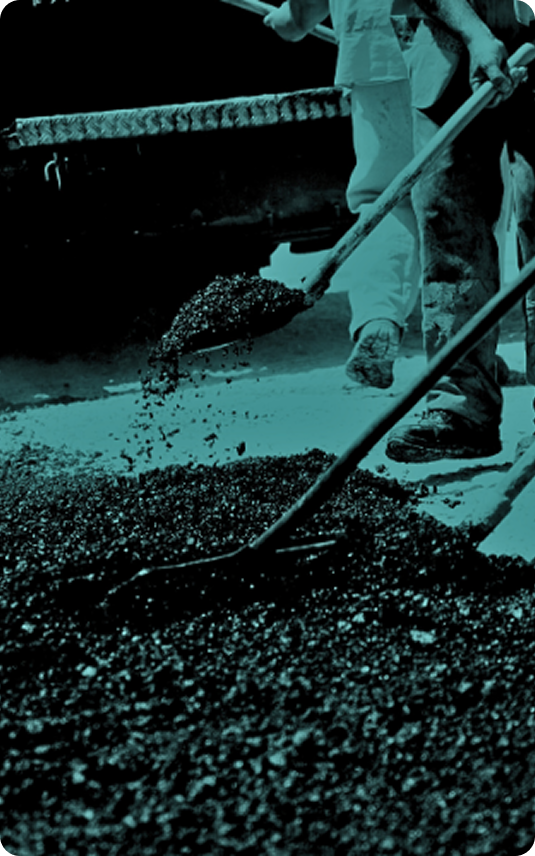

Diverts millions of soft plastics and toner cartridges from landfill
Provides an essential end market for complex mixed soft plastic waste
Supports ESG, Net Zero and circular economy targets
100% recycled content by weight, and 100% recyclable at end of life
Increased Materials Circularity Index (MCI), leading to ISC innovation points
.png)
Designed as a dry mix additive for bulk bag storage
Easy to handle, mixed directly into asphalt plants
Suitable for hot and warm mix asphalt
Up to 1% by weight of total mix design
.png)
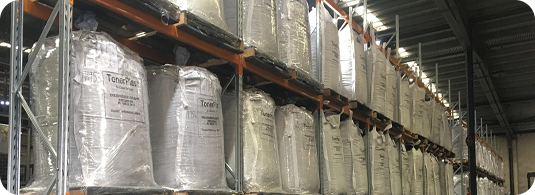
TonerPlas® has been successfully deployed across hundreds of projects in Australia, including:
.png)
.png)
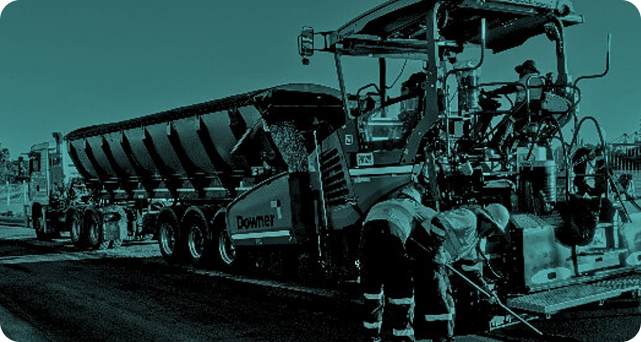
.png)
.png)
.png)
Carrying more than 165,000 drivers daily, the M80 Ring Road became the first freeway in Australia with recycled content embedded in every pavement layer. Delivered ahead of schedule and under budget, it went on to win the 2023 Australian Construction Achievement Award, setting a benchmark for sustainable infrastructure nationwide.
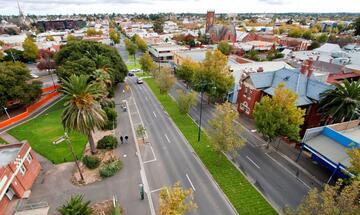
Bendigo led the way as the first council in Australia to commit to a circular procurement model. By incorporating TonerPlas® into local road projects, Bendigo has already helped divert waste equivalent to over 210,000 toner cartridges and 2.9 million soft plastic bags from landfill. This pioneering step proves that regional councils can close the loop on their community’s waste while building stronger, longer-lasting roads.
.png)
Brimbank became the first metropolitan council in Victoria to adopt a circular procurement contract for road construction. Alongside embedding TonerPlas® into local projects, Brimbank introduced public drop-off points for soft plastics at its waste transfer station, with all material processed by Close the Loop. By buying back what they recycle and enabling community participation, Brimbank is setting a powerful precedent for metro councils across the state.
These projects demonstrate the future of local government leadership: councils that not only collect waste, but also commit to buying back recycled content. This principle is critical to making the circular economy work — ensuring that plastics and toner collected in communities are transformed into valuable new infrastructure, not wasted.
%208.avif)
Most recycling programs stop at collection. Ours doesn’t.
A Circular Agreement is a two-way commitment:
This model ensures that:

Circular Agreements create guaranteed demand for recycled content, making the system both commercially sustainable and environmentally credible. Without buy-back, even the best recycling systems fall short.
%208.avif)
Road authorities
Civil contractors and private infrastructure partners
Local and state governments
Asphalt manufacturers

“Increasing the amount of recycled content in asphalt doesn’t reduce performance in fact it improves durability and rut resistance.”
Steve Smith
Technical Officer – Adelaide Hills Council
Stay current on Industry Updates & Circular Innovation
What is TonerPlas® made from?

A unique blend of recycled toner powder, mixed soft plastic packaging, recycled oil, and other post-consumer plastic streams.
How long has TonerPlas® been in use?

TonerPlas® builds on more than a decade of R&D. The first TonerPlas® road was laid in 2013, with the first road using mixed soft plastics completed in 2018 in the City of Hume.
Is TonerPlas® certified for road use?

Yes. TonerPlas® meets formal industry standards, including:
ISCA – Recognised under the national Infrastructure Sustainability rating system
What about microplastics or leachate risks?

Independent testing by the NSW EPA found no increased risk of microplastics or leachate compared to standard asphalt. TonerPlas® melts into the asphalt binder and fully bonds with the bitumen matrix. Download the report here
Is asphalt with TonerPlas® recyclable at end-of-life?

Yes. Roads made with TonerPlas® are 100% recyclable as Reclaimed Asphalt Pavement (RAP), processed under the AAPA RAP Management Plan.
What is the expected lifespan of TonerPlas® roads?

Testing and field data show roads with TonerPlas® last 10–15% longer than conventional asphalt, reducing maintenance needs and whole-of-life costs.
How is TonerPlas® added to asphalt?

It is fed directly into existing asphalt production processes and melts at a lower temperature than asphalt, becoming part of the binder with no need for specialised equipment.
Does TonerPlas® affect asphalt performance?

Yes — positively. Independent testing shows improved fatigue life, rut resistance, and durability compared to conventional asphalt.
Does TonerPlas® replace Polymer Modified Binders (PMB)?

No. TonerPlas® is designed to enhance conventional bitumen (C170, C320). In some cases, it can offset a small portion of PMB in state road applications.
What dosage of TonerPlas® is used?

Typically 0.5–1.0% by weight of asphalt. At this dosage, every kilometre of road paved diverts the equivalent of hundreds of thousands of plastic bags and thousands of toner cartridges from landfill.
Does it change asphalt workability or odour?

No. TonerPlas® does not alter workability at the plant or on-site and produces no additional odour during production or laying.
How is product consistency ensured?

All raw materials are characterised and homogenised from known sources. TonerPlas® undergoes daily quality control checks to ensure consistent performance in asphalt.
Where does the toner powder come from?

Close the Loop is the world’s largest printer cartridge recycler. Toner powder is recovered from cartridges collected through tens of thousands of sites across Australia, New Zealand and repurposed into TonerPlas®.
Who is already using TonerPlas®?

More than 30 councils nationwide, along with major contractors such as Downer, Alex Fraser, and Asphaltec. TonerPlas® has been proven in municipal roads, commercial access roads, carparks, state infrastructure projects, and freeways including the Monash and M80.